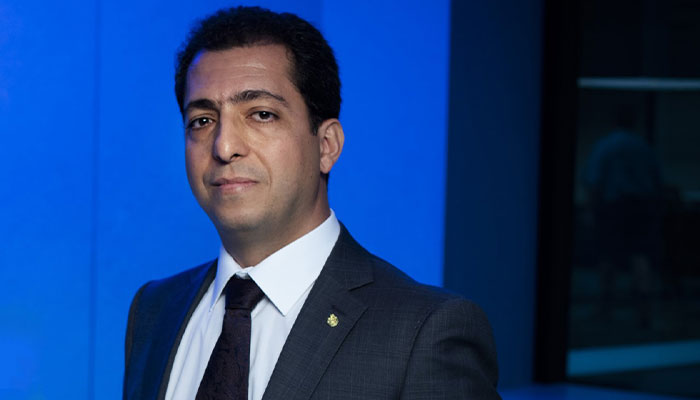Macquarie researchers are exploring technologies that in the future may give police investigators leads within minutes that previously took large teams weeks or months to work out, enabling officers to respond and prevent crime.

Innovation: The new technologies collate data from a range of sources, such as CCTV-images and videos from witnesses.
The AI-enabled technology uses artificial intelligence (AI) to compile and analyse huge data sets generated from devices connected to the Internet, or Internet of Things (IoT). Such data may include CCTV-images, vehicle license plates and audio recordings, as well as photos and videos from witnesses. It links this to historical police data to help investigators make better decisions.
“Our software takes an AI-enabled approach to collate data, extract events and facts, and link different parts of the story together using a real-time dashboard,” says Dr Amin Beheshti, Director of Macquarie’s AI-enabled Processes (AIP) Research Centre.
This technology is not about replacing police officers with robots, but augmenting and accelerating their fact-finding and analysis in a criminal investigation.
This innovation would assist in data-driven and knowledge-intensive criminal investigation cases such as fraud and homicide, where real-time data analytics could be vital, and assist with the timely response to missing person reports.
This technology also has potential to speed up crime-scene analysis, Beheshti says. Officers could upload photos of objects or bodies at the scene, taken by the app on a smartphone, and an algorithm would suggest a narrative using natural language of what may have happened.
“This would help the officer in their interpretation of events as well as identifying the people involved in the case in seconds,” says Beheshti.
The ethics, legality and sensitivity are vital aspects of the project that the researcher team is thoroughly exploring.
More prototypes for smart policing
As part of this research collaboration, Beheshti’s team is also developing data-centric analysis techniques to assist police to automate more of their information collection and analytics.

Police assistance: Dr Amin Beheshti (pictured) says the software would help officers in their interpretation of events and in identifying the people involved.
They are creating an algorithm to analyse speech and search for information such as particular words, people’s names or locations in a conversation.
The researchers are also developing 'smart' prototypes such as police uniforms with embedded sensors that detect temperature, heart rate and other health indicators that could determine the physical health and mental state of an officer.
To help airports, they’re creating portable electrochemical gas sensors to spot explosives.
Beheshti stresses that the software is focused on saving lives and solving crimes. “This technology is not about replacing police officers with robots, but augmenting and accelerating their fact-finding and analysis in a criminal investigation.”
In October 2021, the team are organising the International Workshop on AI-enabled Policing and Law Enforcement to build police knowledge of AI, explore ethical and social implications, gauge global interest in this new area of research and attract academic collaborators.
Dr Amin Beheshti is Director of Macquarie’s AI-enabled Processes (AIP) Research Centre and a Senior Lecturer in Data Science in the Department of Computing.



